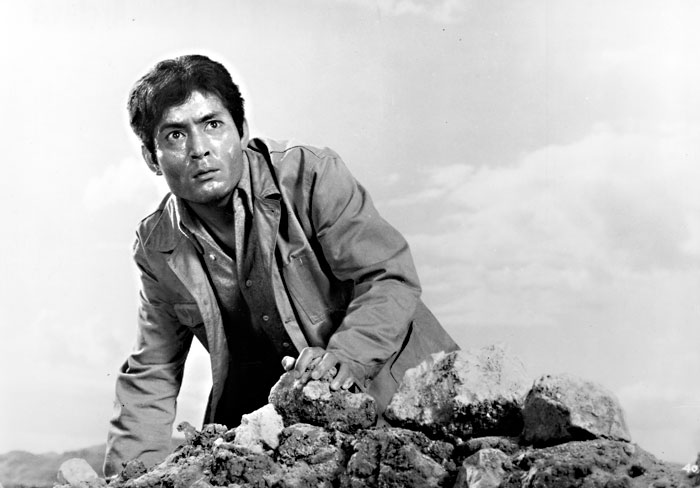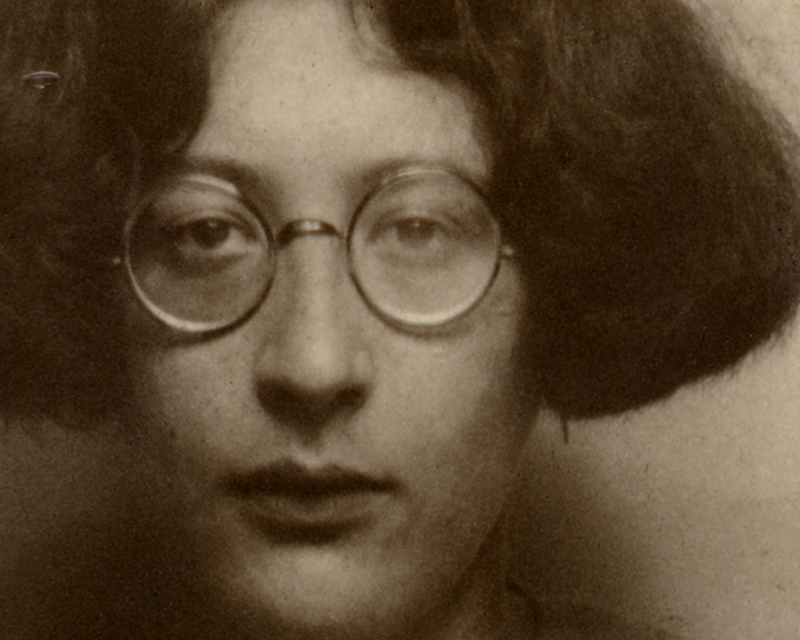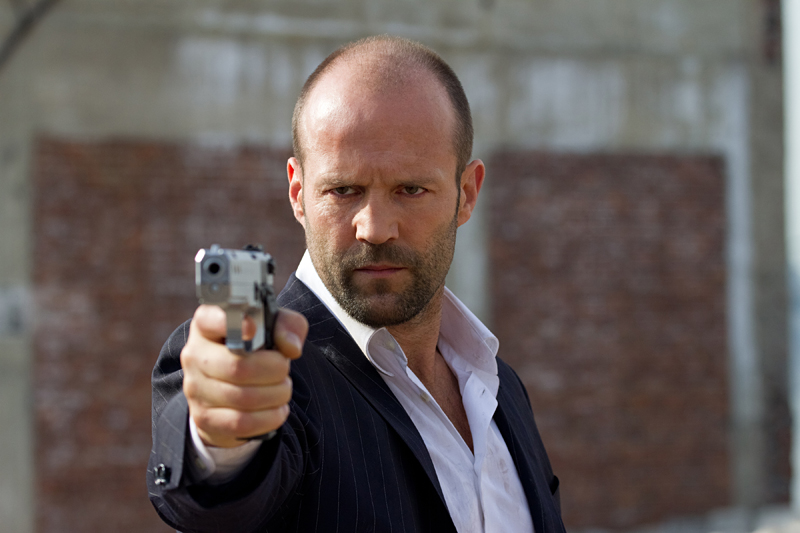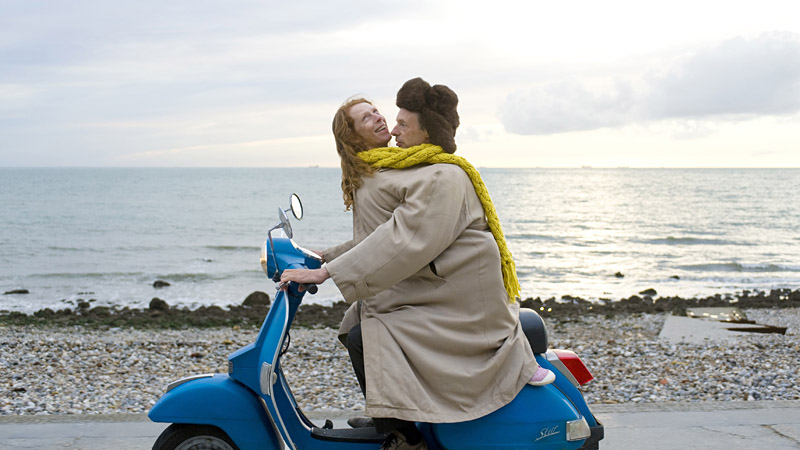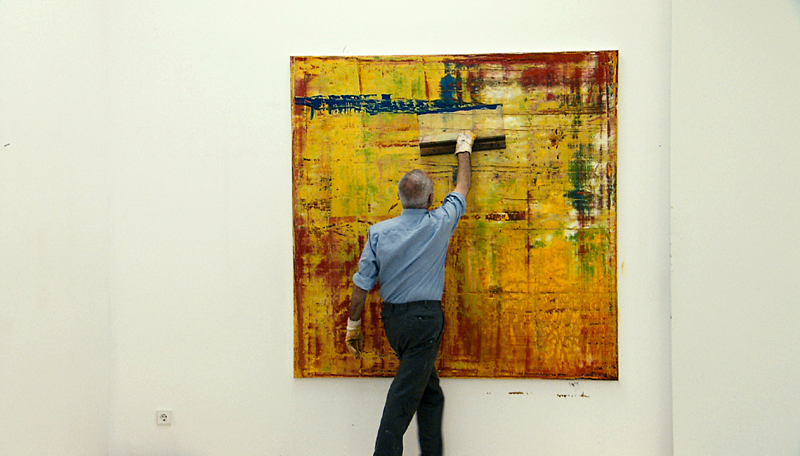The three-part, fuming, World War II bummer The Human Condition (1959-61)—considered the magnum opus of socially critical Japanese filmmaker Masaki Kobayashi (Harakiri)—runs just shy of 10 hours and is an arduous watch in ways beyond its creator’s intentions. Based on Jumpei Gomikawa’s ambitious novel and seasoned with Kobayashi’s own experiences, this overly melodramatic trilogy set in Japanese-occupied Manchuria depicts the dehumanizing brutality of war with on-the-nose pedantry, never subtext, and offers little richness to Western eyes already adjusted to the next half-century’s deeper antiwar tales. In Part I, No Greater Love, doe-eyed pacifist and loving husband Kaji (Tatsuya Nakadai) dodges conscription by taking a managerial position at a prison mining camp, where he’s quickly outraged by the merciless slave-labor conditions and the corrupt bosses condoning them. Futilely fighting for humane reforms, his idealism begins to buckle under the weight of daily oppression. It’s a damning portrayal of Japan’s mistreatment of the Chinese, to be sure, and even more so for the Japanese director’s adherence to actual history so soon after the war—though it needn’t take three-plus hours to repeatedly hammer home that angry point. (Parts II and III screen sequentially during the following two weeks.)
The Human Condition: Part I: War Is Hell, Over and Over and Over Again
